His name became widely known when he applied and developed mathematical models in hydrology in the late 20th century. Up to now, the scientific results he carried out have contributed significantly to the development of hydrological science .
Apply scientific theory to solve practical problems
In Van Dai Loai Ngu, the scholar Le Quy Don wrote: “All things cannot live without water. All things cannot be accomplished without water.” Water is also a terrible natural disaster, at the top of the list of disasters that people often classify as “Water - Fire - Robbers - Thieves”. Therefore, the rational use of water resources and effective prevention of natural disasters caused by water (heavy rain, storms, floods, droughts, landslides, etc.) is one of the important issues of Hydrology - the science that studies Water.
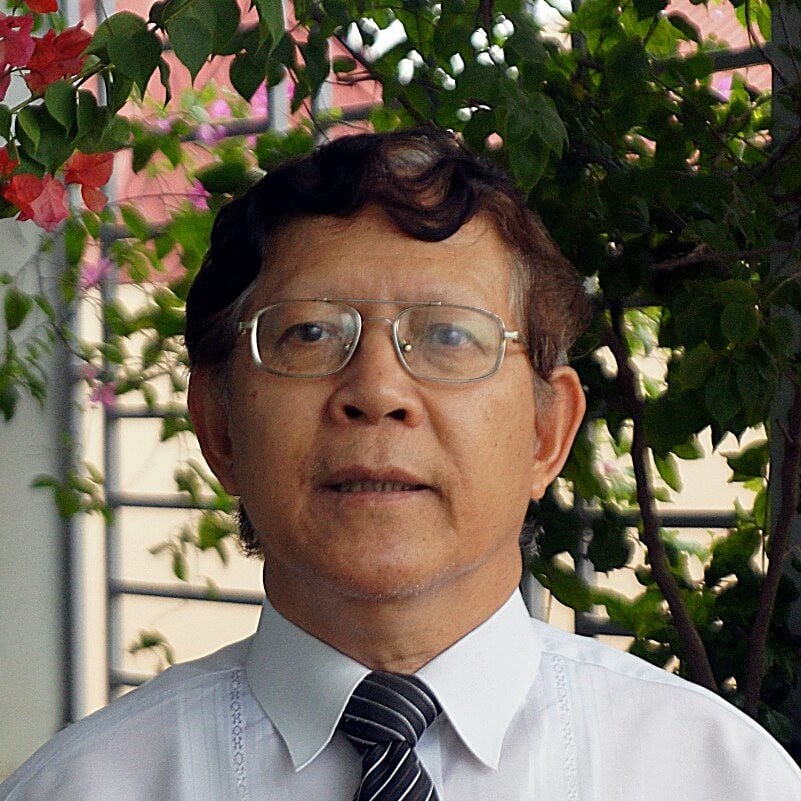
To solve these problems, we cannot just stop at qualitative comments and make general recommendations such as building reservoirs to retain excess water during the flood season for use in the dry season - when the fields lack water, or building dikes to prevent floods as our ancestors have done for thousands of years, but we also need to have quantitative calculations, determine clear design criteria to ensure the effectiveness of the works, the rationality of technical measures to ensure the balance between parameters in the economic - technical - environmental problem.
Recognizing the strengths of mathematical models to solve problems in hydrology, right from the time he determined the topic of his Master of Science thesis in the Republic of Ireland in 1986 - when the mathematical modeling method in hydrology was still in its early stages of development - scientist Vu Van Tuan chose the topic "SMARt model in hydrology" to develop this research direction. Under the direct guidance of Professor James Eamonn Nash (1927 - 2000) - a leading hydrologist in the world, the father of linear theory in hydrology - he completed his thesis the following year (1987).
Although mathematical models are a powerful tool for solving problems in hydrology, the problem of determining the accuracy of the results when using these models depends greatly on the local parameters of the place where the model is used, for example, when determining the runoff coefficient - an important hydrological factor - it is necessary to determine parameters related to losses such as forest cover ratio, the level of rainfall interception under the forest canopy, forest tree types, etc.
Therefore, he combined the experimental method with mathematical modeling theory to solve practical problems through a number of typical scientific works such as: "Experimental research problems in hydrology", "Some results of experimental hydrological research in Vietnam", "Forest hydrology and results of experimental hydrological research", "Modeling the flow process in basins with agricultural and forestry production activities"... These issues were summarized by him in his PhD thesis "Using hydrological experimental data to analyze and model the flow process" (1993).
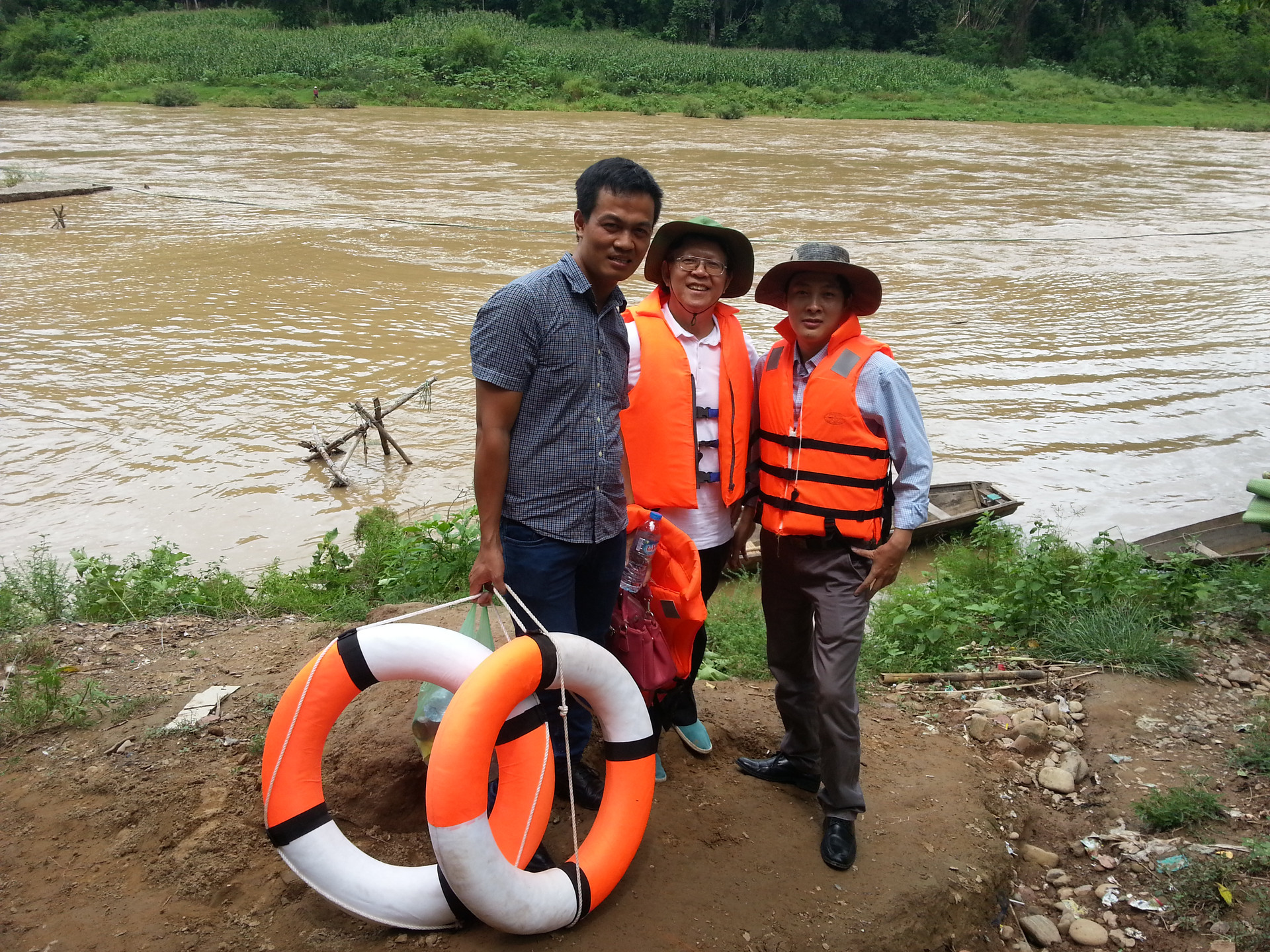
Not only stopping at purely mathematical research, he always wanted to apply the theories of hydrological science to solve practical problems.
One of those issues is the problem of water resources planning. As a scientist and a member of the National Council on Water Resources established by the Prime Minister (in 2000), he has contributed many opinions on the need to manage water resources according to river basins instead of according to administrative units (by province, district, etc.).
This idea was raised and discussed by him with domestic and international scientists since the 90s of the last century - when he was a representative of Vietnam participating in the process of preparing documents for the Rio Environmental Summit 1992 through participating in scientific conferences such as the Water Consultative Conference in Copenhagen (1991), the Global Water and Environment Conference in Dublin (1992) - where the four famous Dublin principles in hydrology were introduced.
This idea was also developed more widely when he worked as a Hydrologist at the World Meteorological Organization (WMO, Geneva, 1996 - 1998), as Head of the International Expert Group of the Basin Development Planning Program for the Mekong River Commission (2004 - 2007)...
Up to now, he has had more than 200 scientific articles and research works published domestically and internationally. International friends and colleagues often affectionately call him Dr. Vu.
Infusing passion and research results into teaching
Not only devoted to research projects, he also spent a lot of time in lecture halls at domestic universities and research institutes (Water Resources University, Pedagogical University, General University - now University of Natural Sciences, Center for Military Science - Engineering and Technology, Ministry of National Defense, Research Institutes: Forestry, Soil Chemistry, Agricultural Planning & Design...) and successfully guided many students to defend their Master's theses and PhD theses.
After retiring from his position as Deputy Director of the Institute of Hydrometeorology, Ministry of Natural Resources and Environment (2008), he continued to participate in many Doctoral Thesis Evaluation Councils, Strategic Environmental Assessment Councils, National Environmental Impact Assessment Councils, and participated in compiling many important documents such as the National Action Plan to Respond to Climate Change; Guidelines for Integrating Climate Change Factors into Strategies; Planning; Plans using Strategic Environmental Assessment tools...
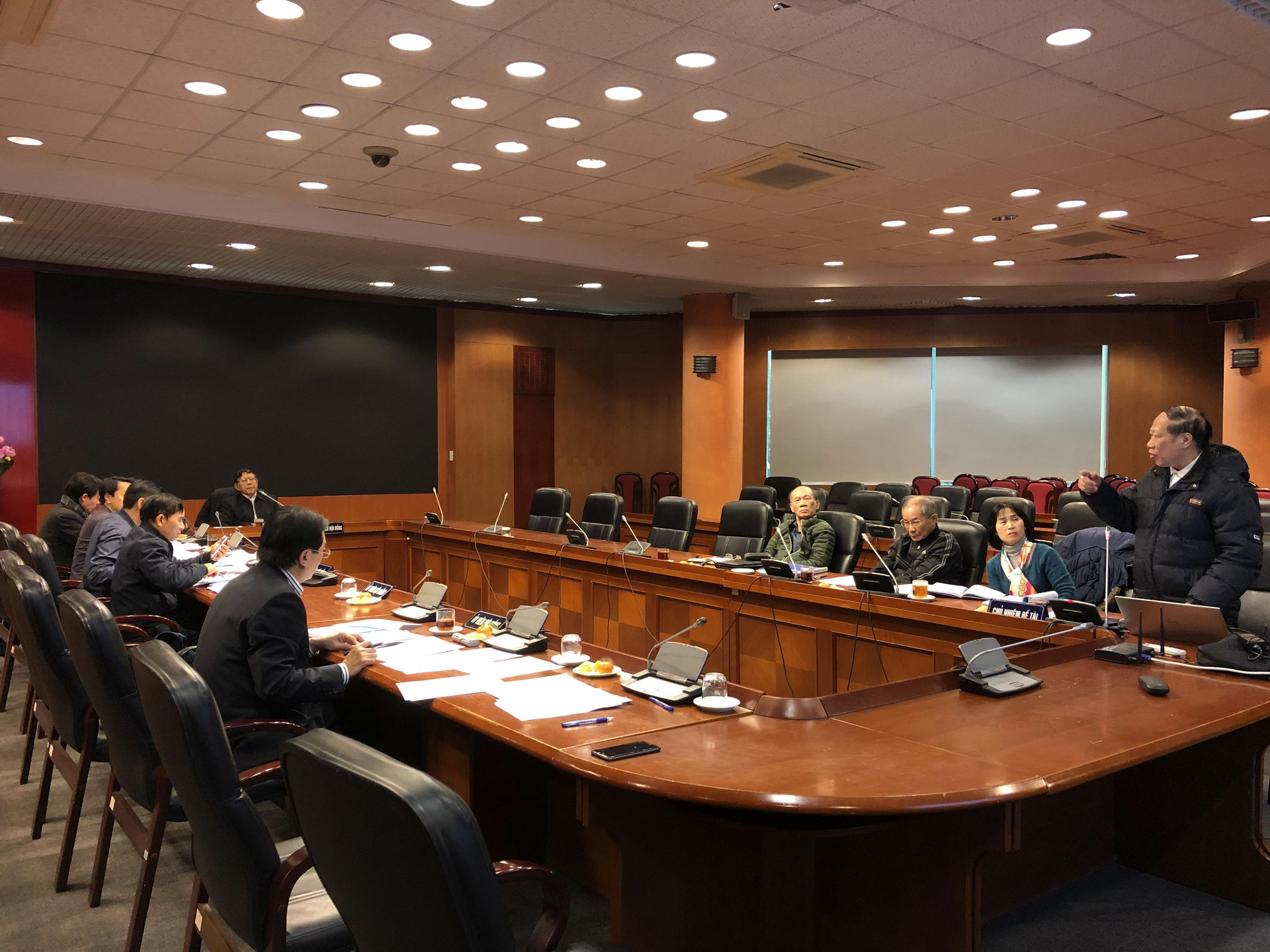
He also participated in many projects on water resources development and natural disaster prevention of the World Bank (WB), Asian Development Bank (ADB), United Nations Environment Program (UNEP), United Nations Development Program (UNDP), European Community (EU) and directly with many countries such as Denmark, Spain, Japan, etc.
The Master's thesis "SMARt model in hydrology" together with the Doctoral thesis "Using hydrological experimental data to analyze and model the flow process" by Associate Professor, Dr. Vu Van Tuan has oriented further research on linear/linear noise mathematical models in the field of hydrology in general and forest hydrology in particular, in the application of mathematical models for integrated management of water resources of river basins in the humid tropics...
Since 2015, he has been the Head of the International Expert Team for the ADB-funded “Community-Based Disaster Risk Management” project in the Lao People's Democratic Republic and has compiled the Handbook on Community-Based Disaster Risk Management for Village Level in Laos and the region.
During the conversation, I clearly felt his enthusiasm for his work. Although he has turned 75 - the age of "thất thập cổ lai hy" - Associate Professor, Dr. Vu Van Tuan still wishes to be a "silkworm spinning silk" for the scientific career and for future generations.
His passion and love for scientific research reminds me of the immortal saying of the genius Albert Einstein - physicist, one of the greatest minds of the 20th century: "The motivation that makes a person work passionately, like a devout believer or a person in love, is the daily effort that is completely unintentional, but comes from the heart". Hopefully, the research directions that he is carrying out or cherishing will contribute more to the development of the country's hydrological science.
Source


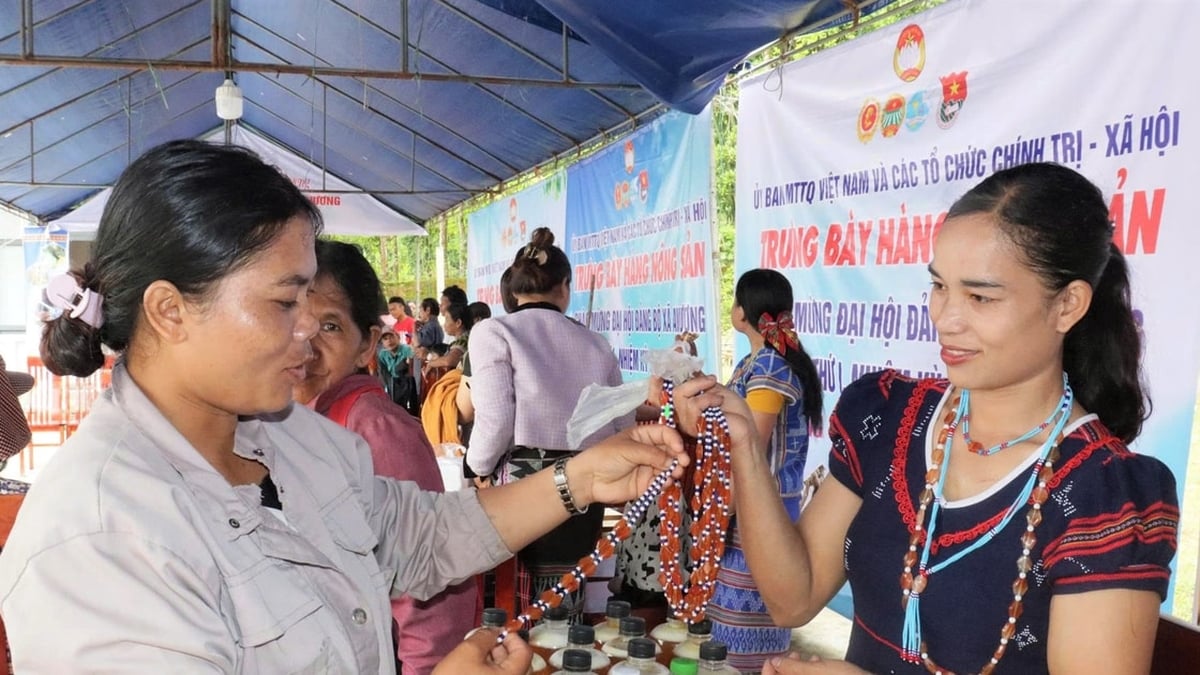
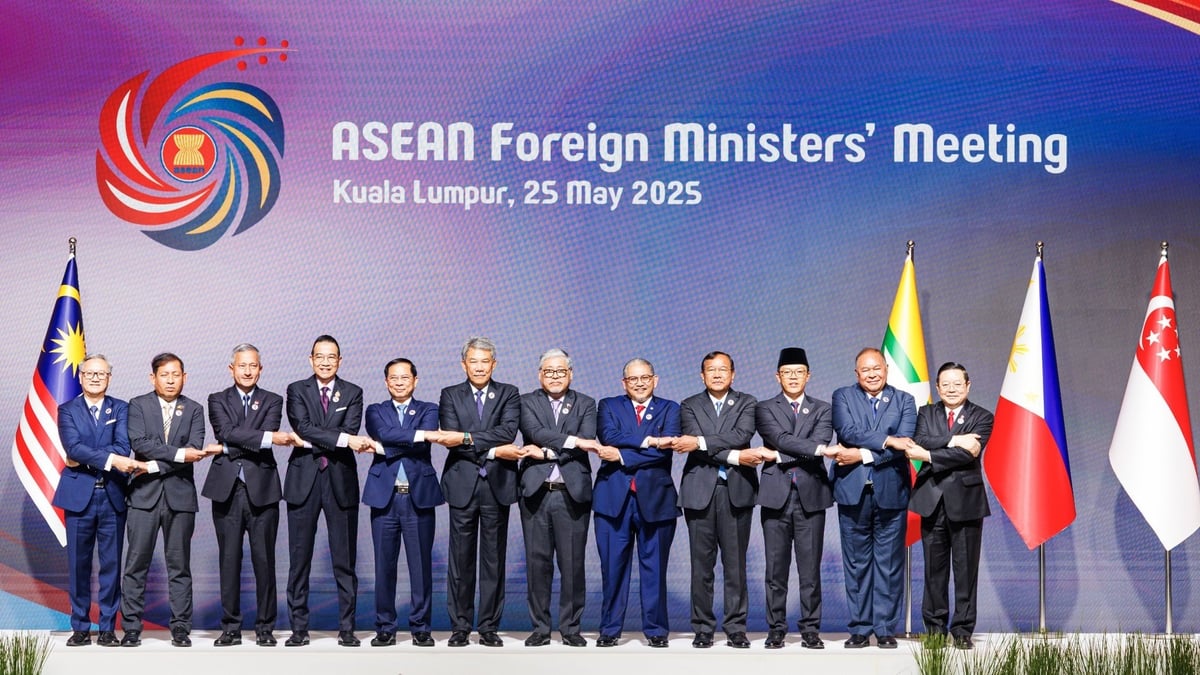

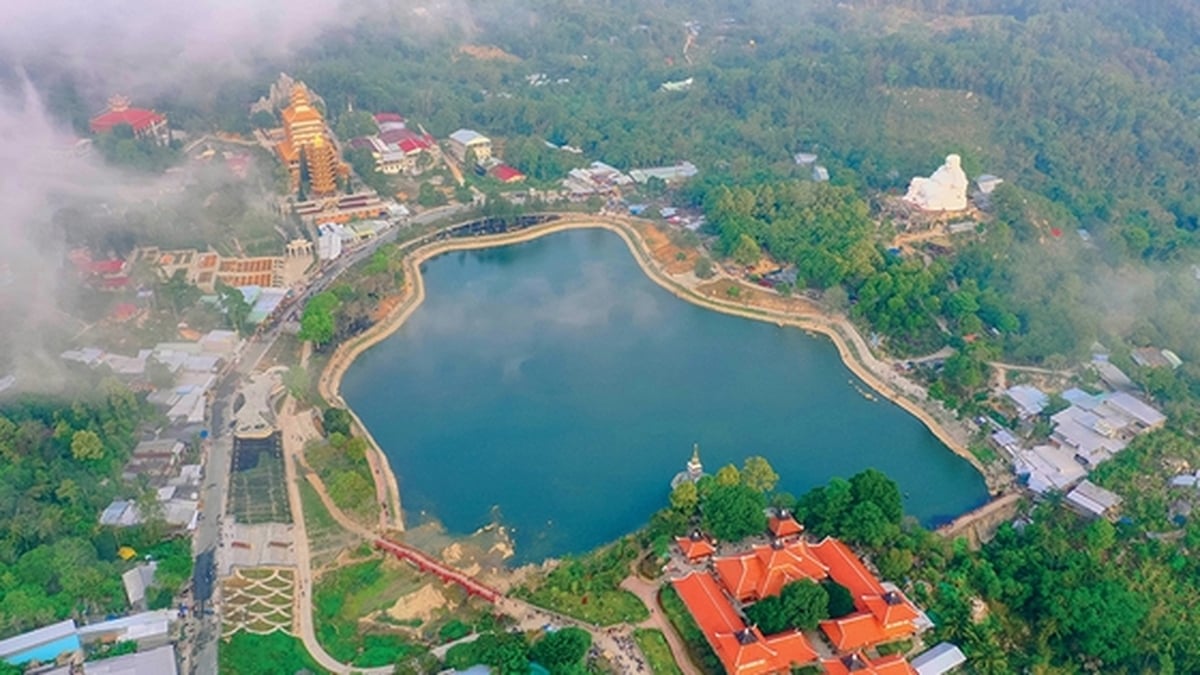

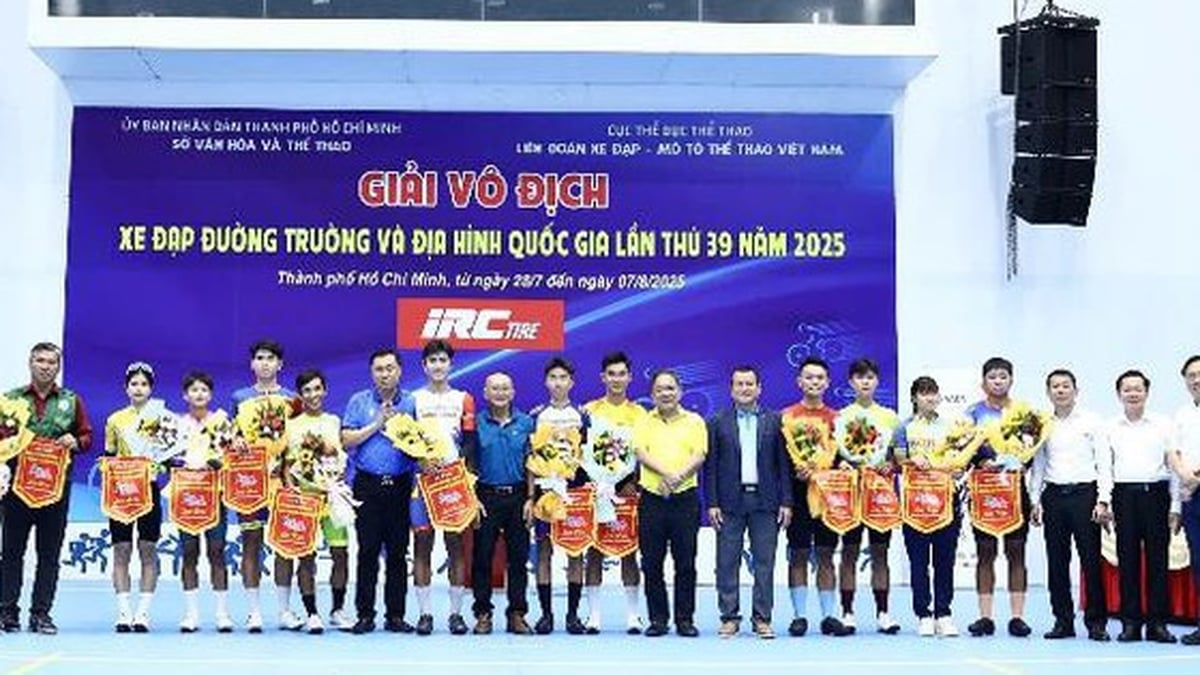

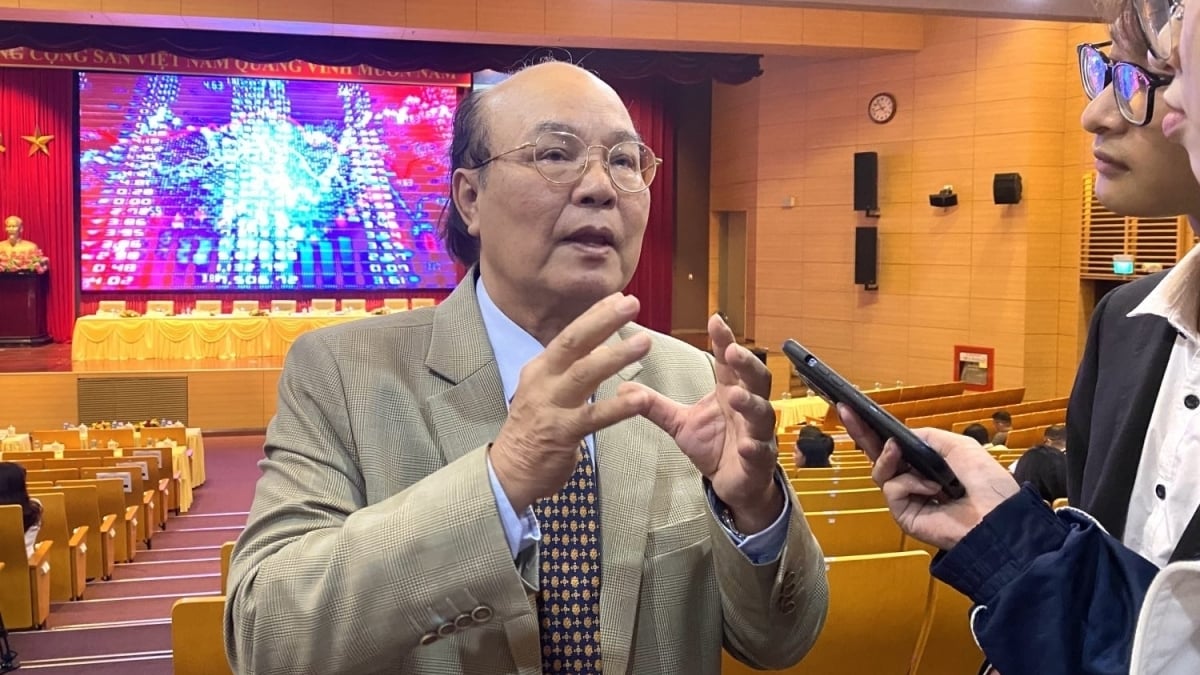
















![[Photo] National Assembly Chairman attends the seminar "Building and operating an international financial center and recommendations for Vietnam"](https://vphoto.vietnam.vn/thumb/1200x675/vietnam/resource/IMAGE/2025/7/28/76393436936e457db31ec84433289f72)



























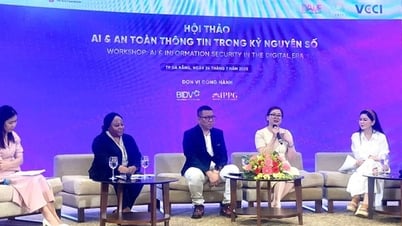

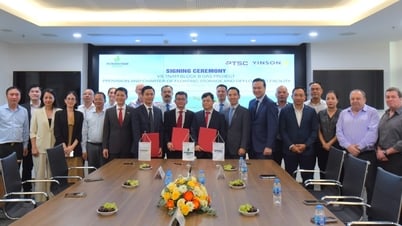

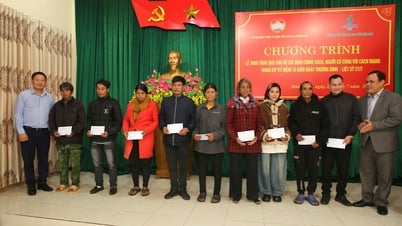






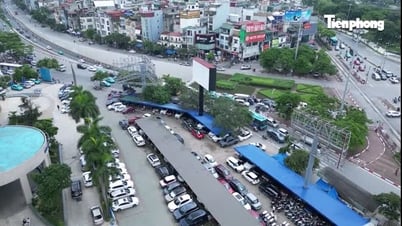

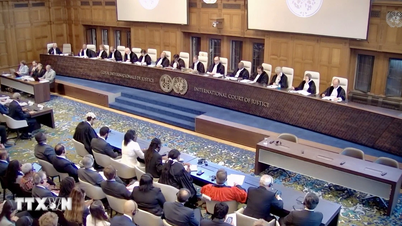
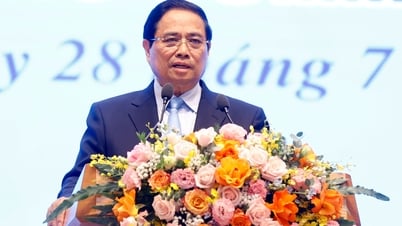
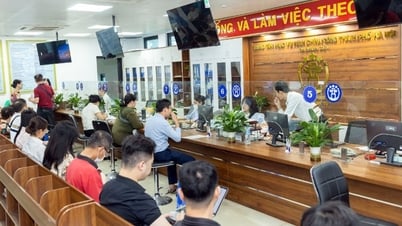





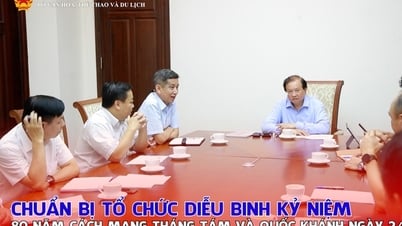
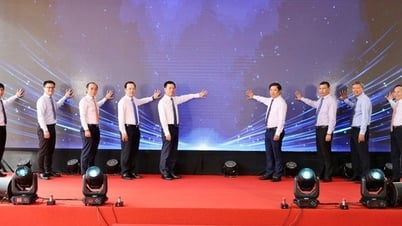





















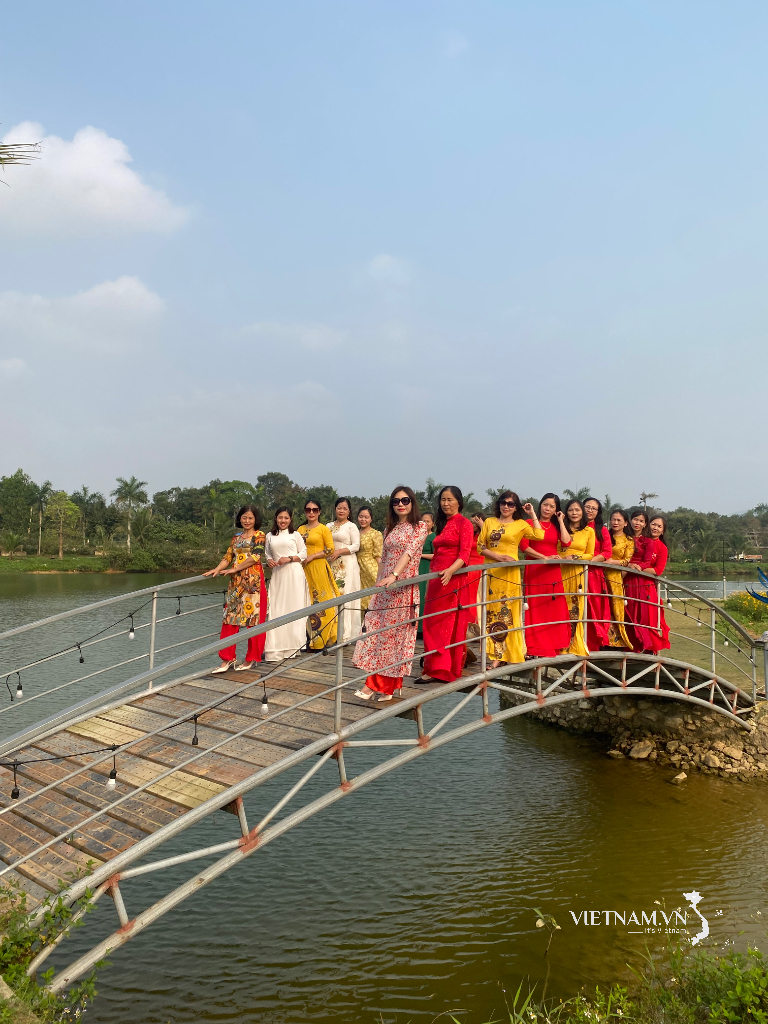


Comment (0)